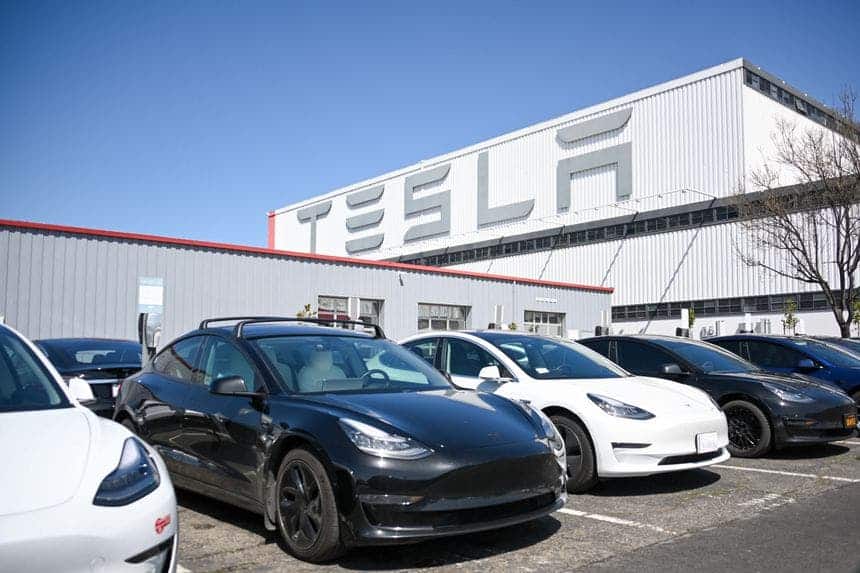There are reports that Tesla’s ability to quickly release security patches through remote software updates has made other automakers envious. However, as cars become more like “rolling computers,” there are also risks, experts say. Tesla’s leadership in in-vehicle software, including remote software updates, dwarfs traditional automakers. This capacity reassures investors and propels Tesla’s market value to about $905 billion. Today, many legacy automakers are following Tesla’s lead in scrambling to roll out their own remote software update systems.

Nevertheless, Tesla’s “take the risk” culture and its desire to release cutting-edge technology quickly have also brought it into conflict with U.S. safety regulators. In recent months, the U.S. National Highway Traffic Safety Administration (NHTSA) has launched a series of recalls and investigations against Tesla. The most recent, this Thursday, launched an investigation into Tesla’s “ghost brake” issue involving more than 400,000 cars.
Regarding Tesla’s remote software update capabilities, former Tesla executive, Florian Rohde said: “There’s definitely a mindset that you’re going to have to take a higher risk to fix things quickly”.
Tesla has been recalling cars following NHTSA orders
Earlier this month, NHTSA asked Tesla to conduct a recall to prevent some vehicles from “rolling to a stop” at intersections instead of coming to an instant stop. “Rolling Parking” allows Teslas to move slowly through intersections without other vehicles or pedestrians. The NHTSA said the feature violates relevant regulations and poses a security risk.
In this regard, Tesla CEO, Elon Musk denied that the feature has safety problems. “The car just slowed down to about 2 miles per hour, and if it had a clear view and there were no cars or pedestrians, it would just keep going,” he said.
Still, Tesla has released a software update that disables the Rolling Park feature. NHTSA officials said Thursday that if NHTSA believes a vehicle may pose a safety risk, it will ask the manufacturer to recall it.
Tesla says nearly all software the company develops allows regular remote updates. Tesla has previously released a series of software updates for controlling vehicle performance, braking, battery charging, and infotainment features, among others.
OTA updates may be dangerous
Tesla leads the industry when it comes to remote software updates. Nearly all recalls issued by NHTSA since 2020 require physical fixes. However, 7 of 19 Tesla recalls (37%) since January 2020 were resolved through remote software updates.
Unlike traditional recalls that require a trip to a physical shop, remote software updates are inexpensive. Furthermore, it also ensures that all vehicles get the repairs they need. However, as other automakers race to offer the same upgrades, security experts have growing concerns. They claim that broader remote updates could lead automakers to lower the bar. This will force them to rush out premature software updates which could be disastrous.
“Remote software updates offer both hope and danger,” said William Wallace, security policy manager at Consumer Reports. “Businesses need to be truly accountable.”
“The thing is, when you try to apply the Silicon Valley mindset to cars, it’s a different story,” said Sam Abuelsamid, an analyst at consultancy Guidehouse Insights.
At the same time, this shift (via remote software updates) has also created new challenges for regulators. Some experts have questioned whether NHTSA has enough expertise to validate software updates.
“I don’t see any evidence that NHTSA currently has the experience and expertise to deal with software issues,” said Don Slavik, a Colorado attorney who has advised on auto technology litigation.
“While this radical approach allows Tesla to deploy software updates faster than its competitors, it makes untrained drivers bear the cost of potential software bugs.”
According to Wallace, if a software update fails in a smartphone, the effect is insignificant. However, the story could be very different if an update fails for a two-ton car.




